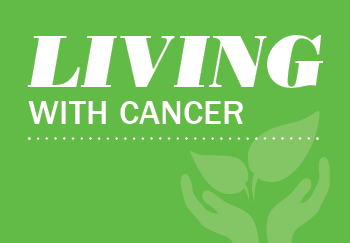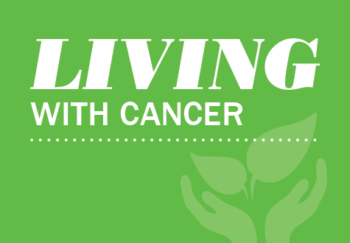 If you’re a vegan or vegetarian ready to begin cancer treatment, you might be wondering if you need to change your diet during chemotherapy and radiation. Fortunately, you won’t have to give up your current diet, though you should be aware of a few special considerations as you begin treatment. Here is a list of tips to keep you as healthy as possible during your treatment.
If you’re a vegan or vegetarian ready to begin cancer treatment, you might be wondering if you need to change your diet during chemotherapy and radiation. Fortunately, you won’t have to give up your current diet, though you should be aware of a few special considerations as you begin treatment. Here is a list of tips to keep you as healthy as possible during your treatment.
Increase Your Protein Intake
As a vegan or vegetarian, you’re already inundated with concerns about how much protein you eat from friends and family. As you begin chemotherapy, however, it’s imperative that you increase your protein intake. “Chemotherapy can increase fatigue, in women especially,” says Carole Havrila, a registered dietitian and certified oncology specialist at UVA Cancer Center. “The extra protein can help combat that side effect.” Try amping up your protein by eating more beans, nuts or lentils.
Eat What Tastes Good
Chemotherapy causes annoying side effects, with nausea on the top of the list. Listen to your body and don’t try to eat anything that you simply don’t have a taste for. If you’re feeling ill, try eliminating any greasy or fried foods and instead opt to add healthy fats like olive oil, nuts and seeds. Mouth sores caused by chemotherapy can add another barrier to healthy eating. If this is the case, try choosing vegetable broth, cold smoothies or even vegan meal-replacement shakes. If you find you can’t tolerate foods that are high in protein or other valuable vitamins, talk to your doctor before it becomes a serious concern.
Eat When It Tastes Good
Nausea and mouth sores affect what you eat and when. While some people can eat three meals per day, it’s more effective for others to eat many smaller meals throughout the day. If this grazing technique works for you, focus on protein and veggies or fruits in each of your smaller meals. Listen to your body to see what makes you feel the best throughout the day.
See a UVA Dietitian
UVA has a dedicated team of registered dietitians to make sure you’re receiving proper care and nutrition.
Work With a Dietitian
Your healthcare team during cancer treatment should include a registered dietitian. Take advantage of this professional on your team, keeping the lines of communication open. “Side effects of treatment are different for each patient,” says Havrila. “Talking with your dietitian can help you find foods that work for you and your specific situation.”
Even more important, your dietitian can work with you and your doctor to make sure you’re getting the right supplements and vitamins to keep your body as healthy as possible. For example, vegetarians or vegans usually take B12 vitamins; however, chemotherapy side effects can make swallowing a pill nearly impossible. Your dietitian can work with you to find a liquid supplement or even an injection to keep you nourished without the difficulty.
Stay Hydrated
Finally, your diet during chemotherapy must include a lot of water. Do whatever tactic works to keep you guzzling, whether it’s using crushed ice, infusing with chunks of citrus or keeping a water bottle with you at all times. Your hydrated body will keep your kidneys healthy and functioning, and help your body recover from your treatments.
During your treatment, don’t make any major diet changes. You can successfully keep your vegan or vegetarian diet during chemotherapy as long as you watch your protein intake, stay hydrated and work with your dietitian.

